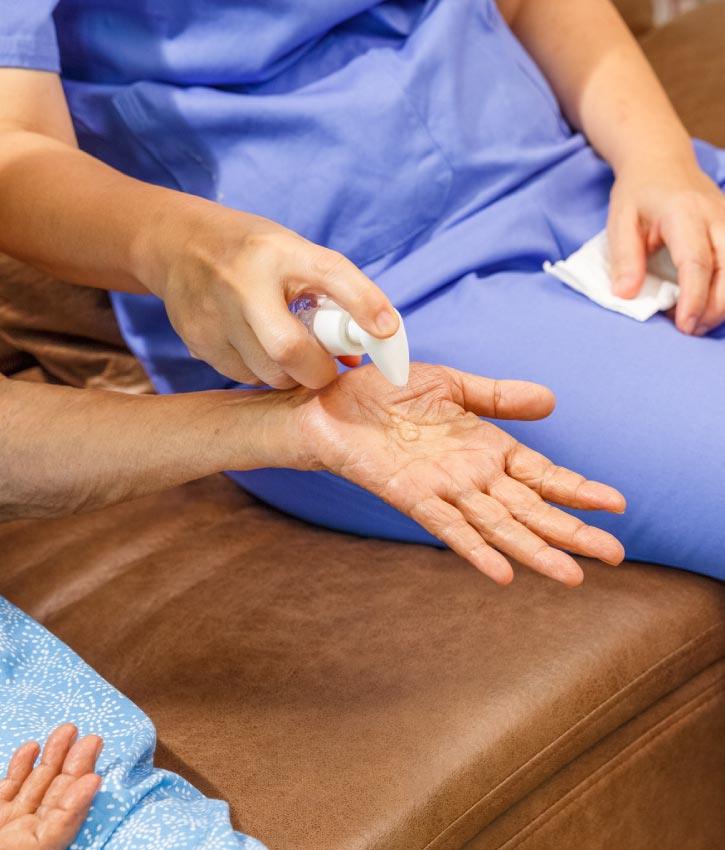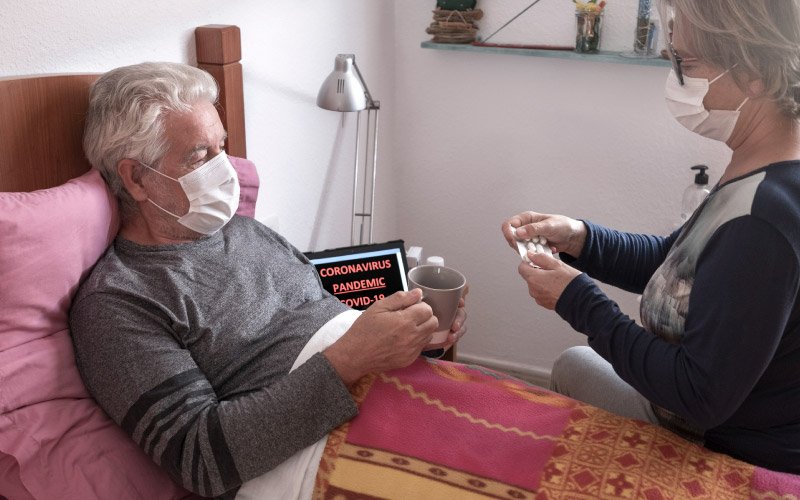NURSING HOME RIGHTS VIOLATIONS
COVID in Nursing Homes
Attendants and caregivers working in nursing homes are on the front lines battling this virus, and put their lives in danger every day they go to work.
Because of close contact between residents and staff, group activities such as dining and socializing and low pay and sick leave for employees that encourages some to ignore symptoms of illness and work at multiple locations, nursing homes were some of communities hardest hit by COVID-19. Because residents are usually extremely high-risk for respiratory infections like COVID-19, safety should be the top priority for nursing homes–but often is neglected for cost-savings reasons.
BEST PRACTICES
What steps should nursing homes take to protect workers and residents?
Government agencies and industry organizations have issued some best practices that nursing homes should strongly consider following to protect employees, residents and their families during COVID-19 and other infectious illness outbreaks.
Disease-related health and safety regulations are typically passed at the state level. Check with your state’s Department of Health for more details about safety protocols and health regulations nursing homes must follow in addressing COVID-19 infections and re-opening safely.

Best Practices for Preventing the Spread of COVID-19
Staff:
Visitors:
Residents:
Contracting the Virus
We’re Here to Help
You may have a limited time to bring a lawsuit or complaint, and fast action is especially important while states are considering laws to protect nursing homes. If you or your family is in this situation, please call Pelton Graham LLC for a free consultation: 888-975-5997
For more information on industry and government guidance, see:
- American Health Care Association and National Center for Assisted Living “Taking Reasonable Efforts to Prevent COVID-19 From Entering Your Assisted Living Community” (pdf)
- Centers for Disease Control guidance for COVID-19 in Long Term Care facilities
For more information on laws shielding nursing homes from COVID-19 lawsuits, see:
